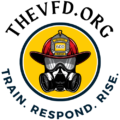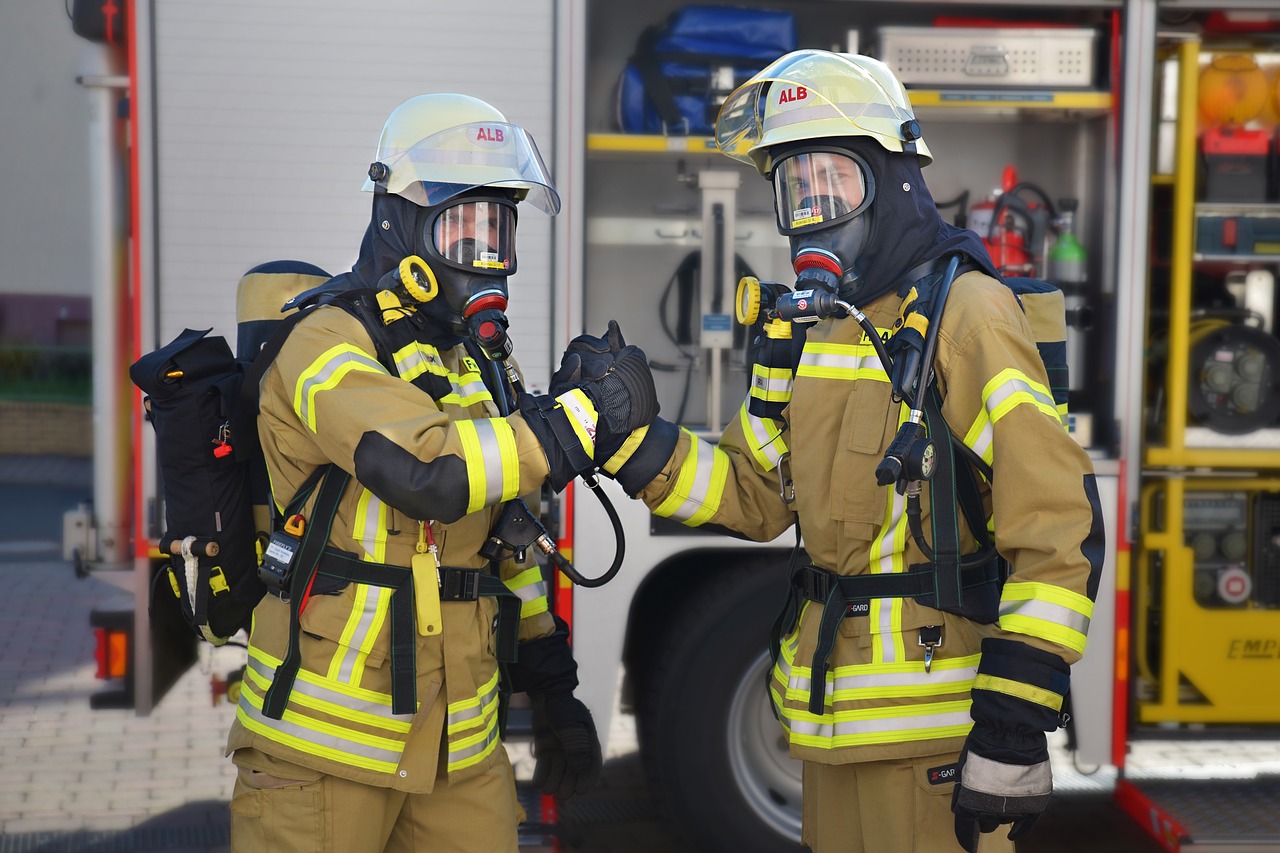There’s no doubt that effective teamwork is necessary for volunteer fire departments to successfully tackle emergencies and save lives. Team building activities play a crucial role in fostering trust, communication, and camaraderie among team members. In this blog post, we will explore various team building activities that are specifically tailored for volunteer fire departments to help them strengthen their teams and improve overall performance during critical situations.
Understanding Team Dynamics
Roles and Responsibilities in Firefighting Teams
The success of a firefighting team relies heavily on the clear definition of roles and responsibilities. Each team member must understand their specific duties during an emergency response, whether it’s operating equipment, conducting search and rescue missions, or providing medical aid. By clearly outlining roles, teams can operate efficiently and effectively in high-stress situations.
Communication and Trust Among Volunteers
An important component of successful teamwork in volunteer fire departments is communication and trust among members. Effective communication ensures that crucial information is shared promptly, decisions are made collaboratively, and tasks are coordinated seamlessly. Trust among team members fosters a supportive and cohesive environment, leading to improved morale and performance.
With a foundation built on clear roles and responsibilities, strong communication, and mutual trust, volunteer fire departments can enhance their team dynamics and ultimately provide better service to their communities.
Practical Team Building Activities
Physical Training and Exercises
For volunteer fire departments, physical training and exercises are crucial team building activities. Conducting regular workouts together not only improves physical fitness but also fosters teamwork and camaraderie among team members. Activities such as group runs, obstacle courses, and strength training sessions can help build trust and unity within the department.
Problem-Solving and Strategy Games
Exercises that focus on problem-solving and strategy are excellent tools for improving team communication and collaborative skills. By engaging in activities such as escape room challenges, scenario-based simulations, or strategic board games, team members can practice critical thinking, decision-making, and teamwork in a fun and interactive way. These games also promote creativity and innovation within the group.
Problem-solving and strategy exercises provide a platform for firefighters to work together to solve complex problems, think outside the box, and test their decision-making abilities under pressure. These activities mimic real-life emergency situations and enhance the team’s ability to act cohesively and efficiently when faced with challenges on the field.
Maintenance of Team Cohesion
Regular Debriefs and Feedback Sessions
Maintenance of team cohesion in volunteer fire departments is crucial for effective emergency response. Regular debriefs and feedback sessions are vital to ensure that team members have the opportunity to discuss their experiences, voice any concerns, and provide input on how processes can be improved. These sessions help strengthen communication and trust among team members, leading to a more cohesive and efficient team.
Celebrating Successes and Acknowledging Challenges
With the high-pressure nature of firefighting, celebrating successes and acknowledging challenges play a key role in maintaining team morale and cohesion. By recognizing and celebrating achievements, team members feel valued and motivated to continue working together towards common goals. Similarly, acknowledging challenges and discussing ways to overcome them fosters a sense of unity and resilience within the team.
Plus, taking the time to acknowledge accomplishments and address difficulties can help identify areas for improvement and growth within the team. This reflective practice not only strengthens team cohesion but also promotes a culture of continuous learning and development within the volunteer fire department.
Integrating New Volunteers
Mentoring Programs
Now is the time to consider implementing mentoring programs for new volunteers in your volunteer fire department. Pairing experienced members with newcomers can help provide guidance, support, and a sense of belonging. These programs can also aid in the transfer of knowledge and skills, ensuring that new recruits feel equipped to handle their responsibilities effectively.
Inclusion in Team Building Initiatives
Mentoring new volunteers is crucial, but it is equally important to include them in team building initiatives. By involving new members in group activities and exercises, you can foster camaraderie and collaboration within the team. This inclusion helps build trust and strengthens relationships, creating a more cohesive and effective volunteer fire department.
Another way to ensure the inclusion of new volunteers in team building initiatives is by actively encouraging their participation and seeking their input. By valuing their contributions and perspectives, you can make them feel like valued members of the team from the start.
Advanced Team Building Strategies
-
Leadership Development
Strategies Explanation Provide Leadership Training Offer workshops or seminars to enhance leadership skills among team members. Mentorship Programs Pair experienced leaders with newer members to provide guidance and support. Strategies for leadership development within volunteer fire departments are crucial for fostering strong leadership skills among team members. By providing opportunities for leadership training and implementing mentorship programs, teams can cultivate a culture of effective leadership and collaboration.
-
Stress Management Techniques
Strategies Explanation Implement Stress Awareness Programs Educate team members on identifying and managing stress effectively. Promote Work-Life Balance Encourage members to prioritize self-care and maintain a healthy balance between work and personal life. Stress management techniques play a vital role in maintaining the well-being of volunteer firefighters. By implementing stress awareness programs and promoting work-life balance, teams can equip their members with the tools needed to cope with the demands of their challenging roles.
Plus, fostering a culture of open communication and support within the team can further enhance stress management efforts and promote a healthier work environment for all members.
Summing up
Upon reflecting on the importance of teamwork in volunteer fire departments, it is evident that engaging in team building activities can significantly strengthen the cohesion and efficiency of the team. By fostering trust, communication, and collaboration among team members, these activities not only improve operational effectiveness but also enhance morale and camaraderie within the department. Investing time and effort into building stronger teams through purposeful activities will undoubtedly lead to better outcomes in emergency situations and overall team performance. As volunteer firefighters continue to serve their communities with dedication and courage, prioritizing team building opportunities will help ensure that they are well-prepared and unified in facing any challenge that comes their way.


